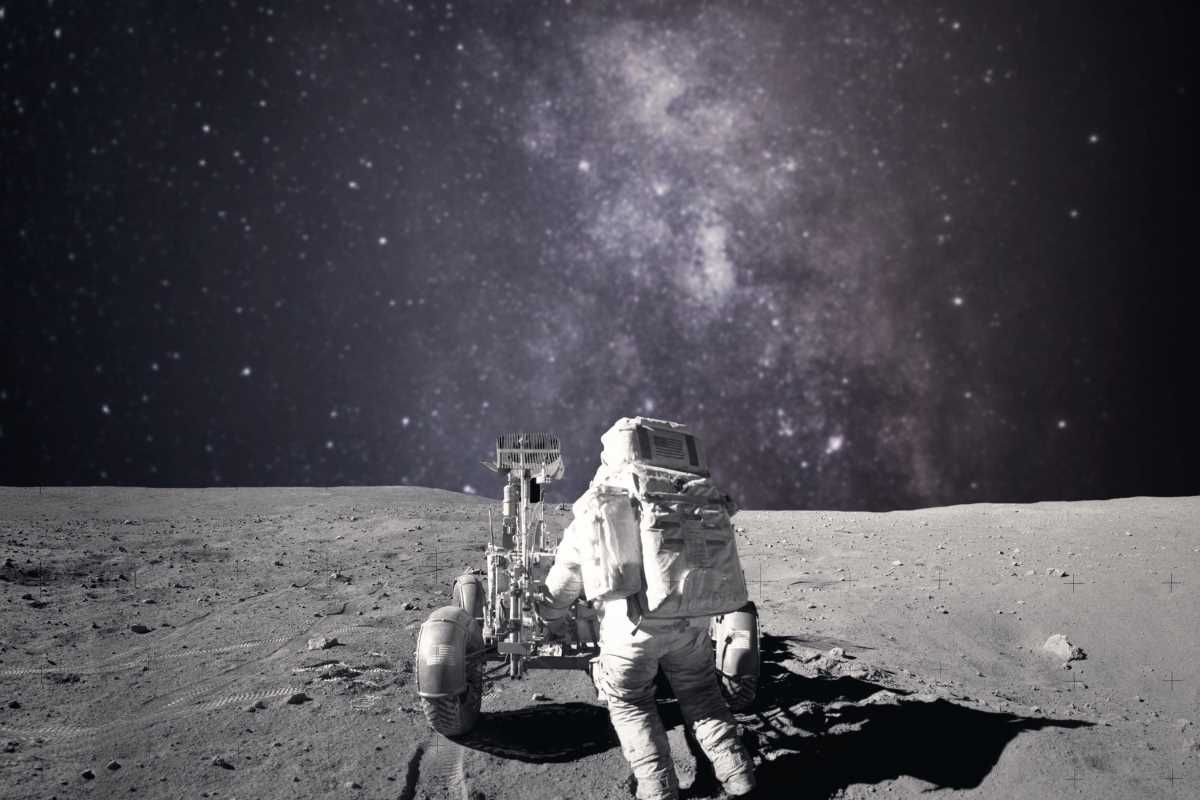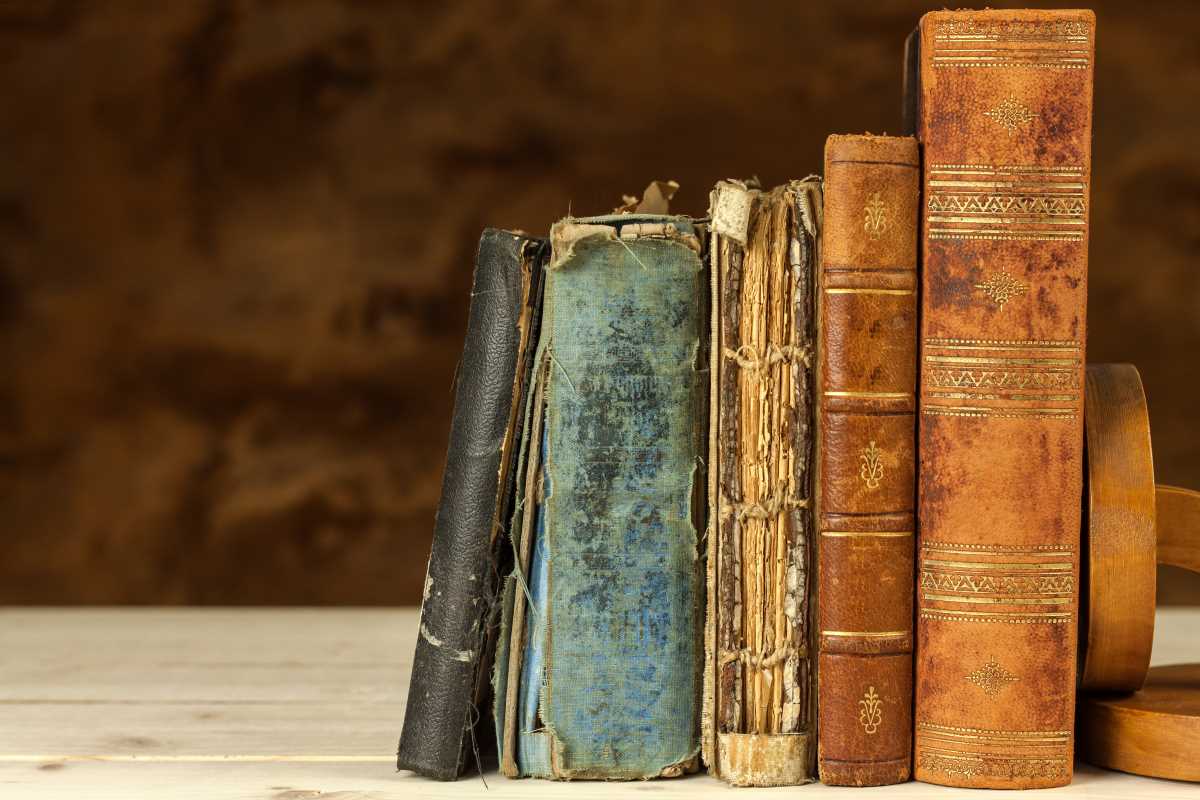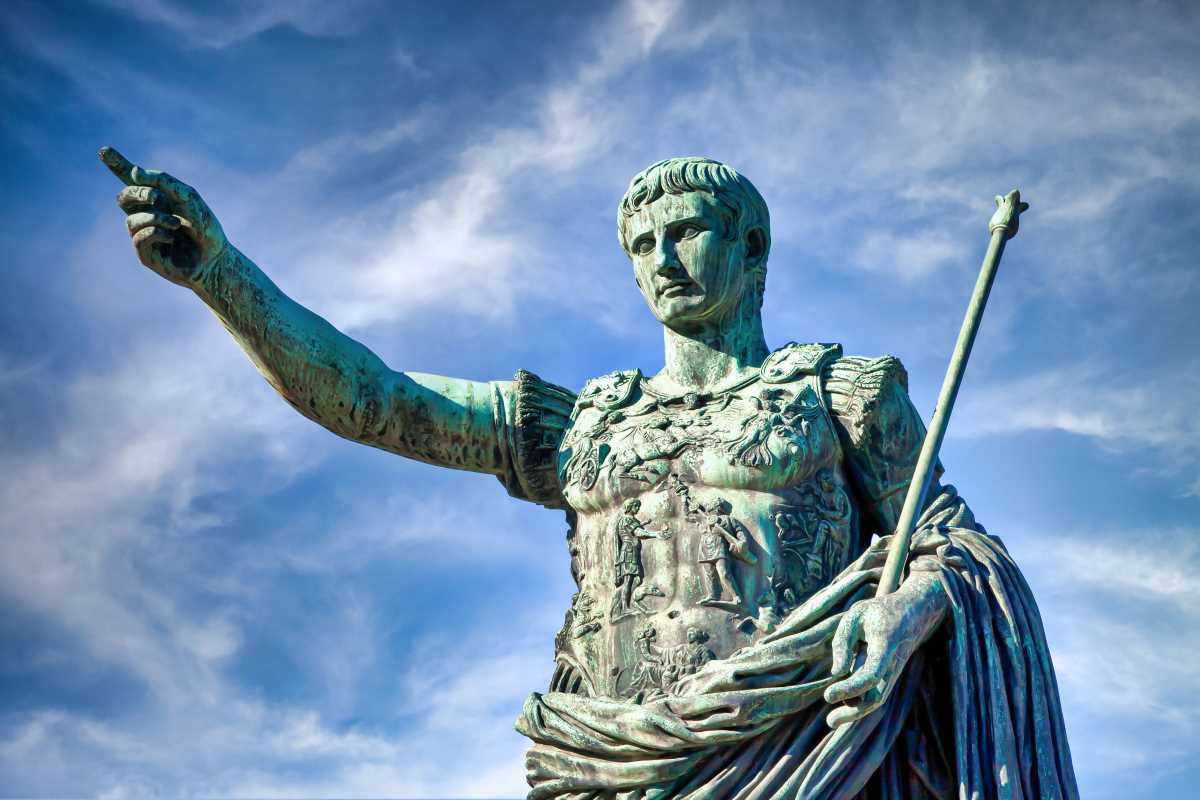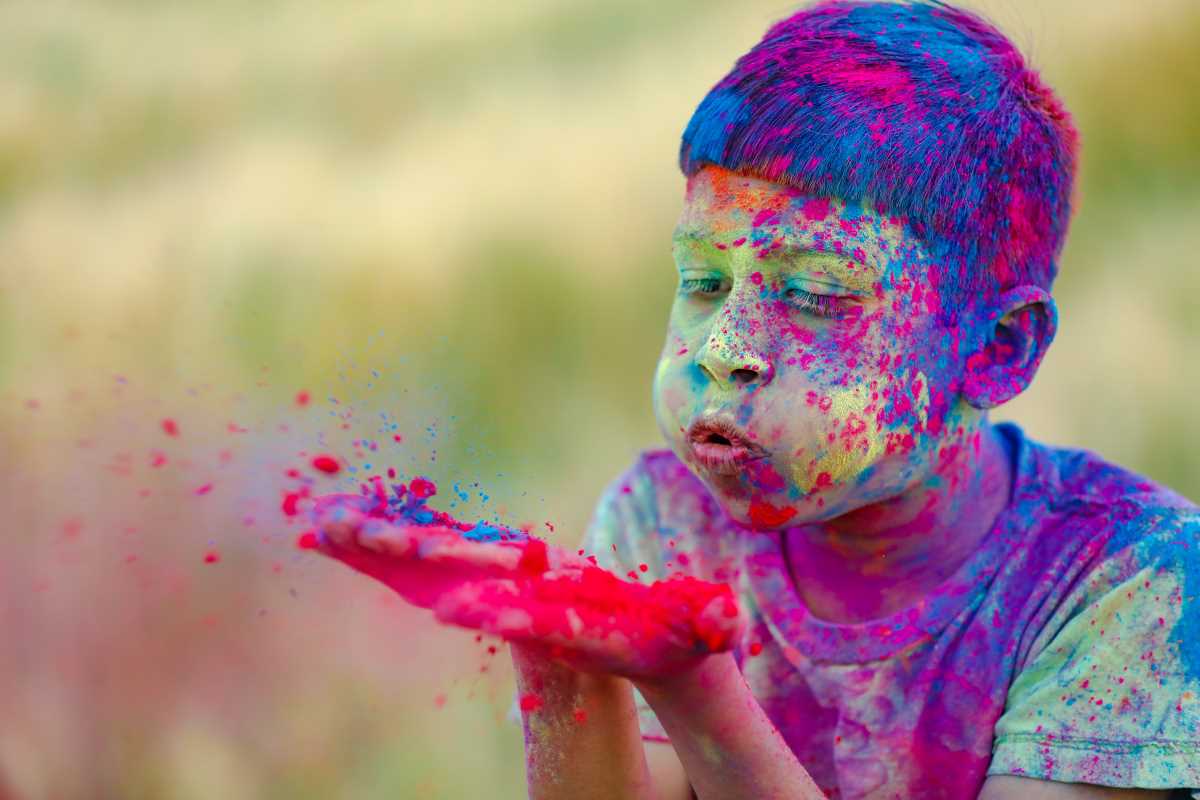History may seem slow and steady, but some moments reshaped the world almost instantly. From revolutions to scientific breakthroughs, these events turned the tide of culture, politics, and technology in meaningful ways. Sometimes, a single day can set the course of history for centuries to come. Whether it was the fall of an empire, an explosive discovery, or a movement that couldn’t be ignored, these pivotal moments left an indelible mark on humanity. You may already know some of these events, while others might surprise you. What they all have in common is their powerful impact on the people who lived through them and the ripples they sent far beyond their time. Let's explore 10 historical events that changed the world overnight.
1. The Fall of Constantinople (1453)
When the Ottoman Empire captured Constantinople, it marked the official end of the Byzantine Empire. The city had been a Christian stronghold and a centerpiece of trade between Europe and Asia for centuries. But on May 29, 1453, after weeks of siege, Sultan Mehmed II and his forces took control. This wasn’t just about borders; it signaled a new age. The Ottomans renamed the city Istanbul, converting it into a predominantly Islamic hub. For Europe, the fall prompted many to look for sea routes to Asia, indirectly leading to the Age of Exploration. Overnight, trade routes shifted, and the balance of power changed forever.
2. The Assassination of Archduke Franz Ferdinand (1914)
All it took was one bullet to unravel decades of precarious peace. On June 28, 1914, Archduke Franz Ferdinand of Austria-Hungary was assassinated in Sarajevo by a young nationalist named Gavrilo Princip. This single act set off a domino effect of alliances and ultimatums, plunging the world into World War I. Within weeks, most of Europe was at war, and the global repercussions would echo for years. Empires collapsed, millions died, and modern warfare became a grim reality.
3. The Moon Landing (1969)
“That's one small step for man, one giant leap for mankind.” These iconic words from Neil Armstrong cemented July 20, 1969, as one of humanity’s greatest days. The Apollo 11 mission symbolized the triumph of innovation and human determination during the Space Race. Millions of people watched in awe as Armstrong and Buzz Aldrin walked on the lunar surface. This monumental achievement proved that humans could venture beyond Earth and sparked further exploration of space, inspiring generations to dream about what lies beyond.
4. The Storming of the Bastille (1789)
On July 14, 1789, an angry Paris mob stormed the Bastille, a prison and symbol of royal tyranny, in what is widely regarded as the start of the French Revolution. The overthrow of this fortress sent shockwaves through France and beyond. It marked the beginning of the end for absolute monarchies in Europe and jump-started the idea that power should rest in the hands of the people, not kings. The revolution would fundamentally alter laws, governments, and societies, introducing new concepts like liberty and equality.
5. The Dropping of the Atomic Bomb on Hiroshima (1945)
The morning of August 6, 1945, began like any other in Hiroshima, Japan. But at 8:15 a.m., the world changed forever. The U.S. dropped an atomic bomb, instantly destroying the city and killing tens of thousands. It was the first time a weapon of such magnitude was used in war. Three days later, a second bomb hit Nagasaki. Japan surrendered shortly after, ending World War II. The bombings demonstrated the devastating power of nuclear warfare, sparking debates and fears about atomic weapons that continue to this day.
6. The Stock Market Crash of 1929
On October 29, 1929, also known as Black Tuesday, the U.S. stock market spiraled into chaos as shares plummeted. It was so much more than a bad day on Wall Street. This crash set off the Great Depression, an economic crisis that shook the entire globe. Banks failed, unemployment soared, and poverty skyrocketed. People who once lived comfortably suddenly found themselves waiting in breadlines. Governments scrambled to respond, leading to economic reforms that reshaped financial systems worldwide.
7. The Fall of the Berlin Wall (1989)
For 28 years, the Berlin Wall had divided East and West Germany, symbolizing the Cold War and the divide between communism and capitalism. But on November 9, 1989, after mounting pressure and protests, the East German government opened the border. Crowds swarmed the Wall, chipping away at it with hammers and tools, celebrating newfound freedom. This event not only reunited Germany but also symbolized the collapse of the Soviet Union and the decline of communism in Europe.
8. The Discovery of Penicillin (1928)
Sometimes history-changing moments happen in laboratories. When Alexander Fleming returned from vacation, he noticed something strange in his messy lab. A fungus had killed off bacteria on one of his petri dishes. This accident led to the discovery of penicillin, the first widely used antibiotic. Since its introduction, penicillin has saved millions of lives, revolutionized medicine, and made infections that were once deadly treatable.
9. The Signing of the Declaration of Independence (1776)
July 4, 1776, was more than just another summer day. The signing of the Declaration of Independence by the American colonies declared their separation from British rule. This powerful statement inspired other nations to fight for self-governance and human rights. The Revolutionary War followed, and the United States became a symbol of democracy and freedom. The document's ideals still influence global politics today.
10. 9/11 Terrorist Attacks (2001)
September 11, 2001, began like any other morning but took a tragic turn in just a few hours. Coordinated terrorist attacks brought down the Twin Towers in New York City, hit the Pentagon, and crashed another plane in Pennsylvania. The attacks claimed thousands of lives and left the world in shock. Overnight, security measures tightened around the globe, and the world saw sweeping changes in foreign policy and counterterrorism. It was a grim reminder of the vulnerability of even the most powerful nations.
It’s fascinating to consider how a single event, whether a political decision, a discovery, or a tragedy, can ripple through history, reshaping nations and the lives of millions. History is full of surprises, and it’s the stories we tell that keep it alive.
 (Image via
(Image via





